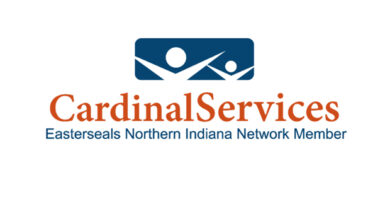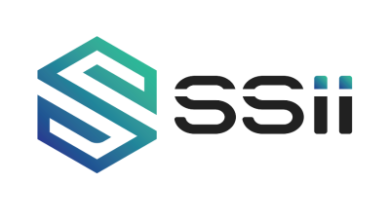Oakland’s Neurobotics Studios turns to AI to create robot’s brains
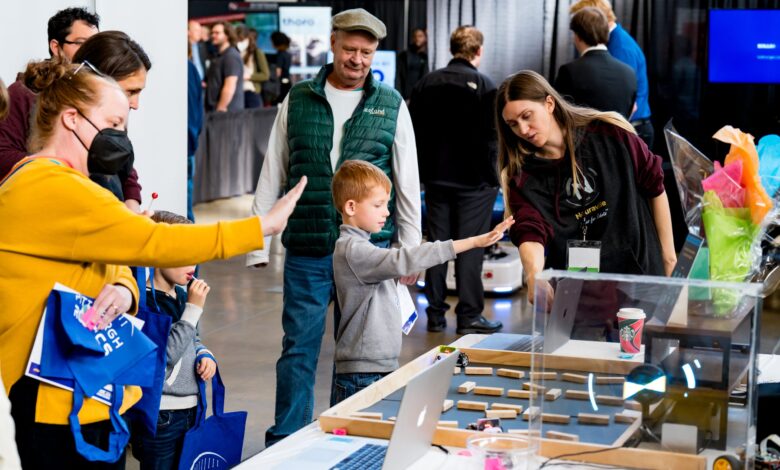
Inside Pittsburgh Tech explores the products coming out of Pittsburgh that will change the world.
For those who haven’t yet embraced artificial intelligence for their professions, the promise of AI may be right around the corner. But there is still a lot of learning to do – for you and for the AI products – and a lot of technical pieces to be put in place before it becomes part of almost everything we do.
For Mohammad Nadji, founder and CEO of Neuraville, that’s not good enough, so he formed Neurorobotics Studio to create “brains for robots.”
According to Nadji, there are plenty of AI products in the market, but many people have difficulty adapting the technology to some key applications, such as helping people with disabilities. So a few years ago, he created Feegi, an AI product known for bringing artificial general intelligence (AGI) to the forefront.
AGI is less limited in scope than run-of-the-mill AI. While an AI can handle specific problems, AGI can mimic a human to recognize that it has to move from one type of problem to the other to solve the complete challenge.
AGIs are likely to need people with specialized expertise to use them well. So Nadji and his team of seven, mostly Pittsburgh-based software developers, created Neurorobotics Studio to allow people with almost no experience to take advantage of the power of AGI.
Robotics is the first set of applications that he’s tackling, which can be used in various environments from the factory floor to schools. He has demonstrated that middle school students can program robotic toys through Neurorobotics Studio with just a few minutes of coaching.
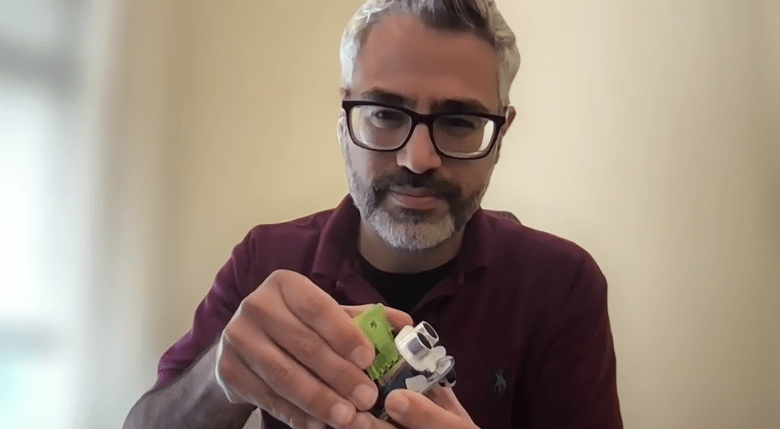
For that task, he put together a library of toys that can be controlled electronically and allowed the students to select the robotic toy, create the command set and set it in motion. At Pittsburgh Discovery Day in November, he was rewarded as students walked up to his booth to create their own version of toy robotic vehicles and race them around the exhibit.
Nadji’s goal is to use AGI to create intelligent machines that can improve the quality of life for humans. He says assistive care is among the most difficult targets he can envision – where robotics can effectively do things for elderly or disabled people in their homes.
While Inside Pittsburgh Tech has previously exposed you to similar applications for distribution centers (Lucas Systems) and public spaces (Thoro.AI), the environment for assistive care is even more challenging.
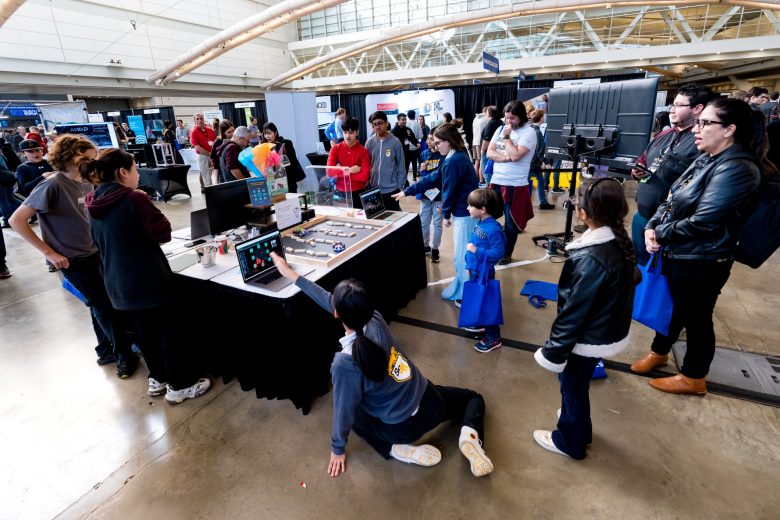

Purposeful Pittsburgh
Unlike many Pittsburgh tech companies whose founders came to Western Pennsylvania to go to Carnegie Mellon or the University of Pittsburgh, then liked it and stayed, Nadji did his homework before choosing Pittsburgh to grow his business.
After arriving in the United States from Iran in 2001, he settled in Wichita, Kansas, for two decades. He initially worked as a civil engineer before getting his MS in computer networking and later his Ph.D. in electrical engineering and computer science.
He then spent nine years in various engineering and computer science roles at NetApp, a multibillion-dollar company that sells cloud and storage technologies. In August 2020, Nadji left NetApp to strike out on his own with Neuraville. His research to determine where his company was likely to thrive put Pittsburgh on top of the list.
He was so confident that Pittsburgh was the right base for his company that he hired his first employee in Pittsburgh while he was still living in Kansas. Shortly afterward, he moved Neuraville to Oakland to be near CMU and Pitt.
Feegi is available for free on GitHub, which offers an Open Source version of the software for individuals and organizations.
And those who want to build brains for robots using Neurorobotics Studio can sign up at his website – whether they are students, scientists or anyone who wants to connect robotics to AI-empowered brains.
Know of a product or service being developed in Pittsburgh or by a Pittsburgh-based company that is cool, is creating growth or will change the world? Let David know via email.


